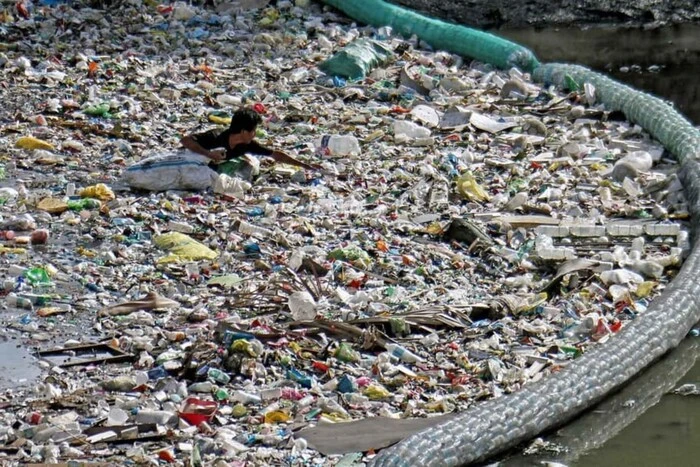Is the water pollution problem solved? Scientists have found a bacterium that destroys plastic.


Scientists from Northwestern University in the USA have found a way to combat the problem of plastic pollution in the environment. They identified a wastewater bacterium that can break down PET plastic (polyethylene terephthalate). This bacterium is capable of fragmenting plastic, breaking it down and using it as a carbon source. Scientists have established that this process is due to the presence of a certain enzyme in the bacterium. It has been found that the bacterium Comamonas testosteri, which occurs in water bodies and sewage, can feed on plastic waste. It first chews the plastic into pieces and then breaks it down with the help of an enzyme, allowing it to absorb carbon atoms. Scientists note that this discovery may contribute to the development of new methods for cleaning water bodies from plastic.
It is known that human brains contain more small plastic particles compared to previous years. Of course, microplastic contamination of the body occurs through diet and inhalation of plastic particles from the air. Scientists have found that polyethylene is most often found in brain, liver, and kidney tissues.
A new material, consisting of a cellulose derivative and an amino acid, has also been obtained. This material has strength properties and is also degraded by bacteria and is edible.
Read also
- Defending Ukraine in Sumy and Kharkiv. Let's remember Vasyl Kyrychuk
- Search lasted three days: a 5-year-old boy found in Prykarpattia
- Pensions and assistance to Ukrainians will be paid in a new way: the Pension Fund will receive information from banks
- Israel has postponed Iran's creation of a nuclear bomb for several years
- Applicants shown prices for education at the top five most popular universities in Ukraine
- Renting an apartment in the Czech Republic: what are the prices and where to look










